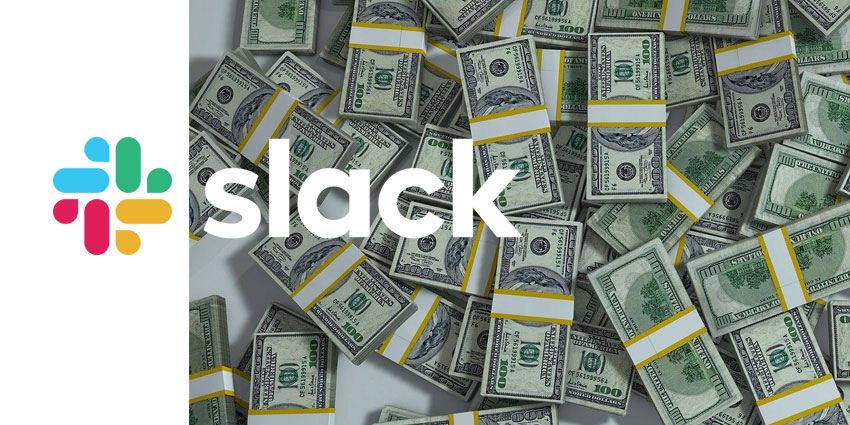Slack CEO, Stewart Butterfield, once again struck back at Microsoft with a solid third-quarter call and up-to-date user metrics. It seems, with Slack being the less seasoned of the two collaboration innovators – they have no problem calling Microsoft out when given the mic. Following Slack’s third-quarter earnings report, Butterfield shared with analysts they now have more than 50 customers who pay more at least one million per year.
I have been covering this feud for a few months now, and things have gotten quite messy at times. Somehow, Microsoft has remained classy throughout the entirety of the kerfuffle, responding with well thought out rebuttals to Slack’s attempts at shifting the narrative. We learned a lot more from Slack’s revealing third-quarter earnings call as well, including the fact that the company’s outlook could mean higher-than-expected loses for the collaboration giant.
Slack Had a Good Third Quarter
They did experience some ups and downs though, eventually dropping as much as six percent amid concerns of future forecast losses. Slack’s fiscal third-quarter didn’t all look bleak, however. They only lost two cents per share. According to Refinitiv, when compared to an average estimated loss of eight cents – they came out on top, surpassing analyst expectations.
Slack also reported $168.7 million in revenue, which is more than what analysts projected, who initially estimated Slack would earn $156 million. Slack even gained some valuable new partners, recharging last quarter with twenty more customers since this time last year. Butterfield added, nearly 70 percent of these customers do use Office 365, but more and more opt to use Slack because of its strong messaging features.
“In general we continue to see tremendous adoption across customers of the Office suite. They choose Slack despite having a bundled alternative that wraps in Teams,” Butterfield added.
Should Slack be Worried about Teams?
Yes. Besides this being incredibly simple to acknowledge – I believe it is critical to provide some context as to why Slack should indeed be concerned by Microsoft’s growing dominance.
Microsoft is the market leader in collaboration software, which explains why Slack cares so much. With one trillion dollars in the bank – Microsoft is a force to be reckoned with, and not many can keep up with them. This, paired with the fact that they have decades of experience, Slack is outwardly intimidated by Microsoft’s authority.
Since its IPO in June 2019, Slack stocks have experienced turbulence – plummeting more than 40 percent. On their quest for collaboration dominance, Slack’s been met with plenty of surprises, including a nearly nine percent nosedive in Nov. All this paints a fairly clear photo as to why Slack should be worried in my opinion.
Shifting the Public Conversation
Slack has tried time and time again to shift the public conversation to engagement metrics. And there is some merit to this. As such, we should at least hear Slack out. Butterfield argues that Microsoft counts those who do not use Teams, merely those who have the app open when using other Office 365-based apps.
“It has nothing to do with what people do use Slack for, why people are switching to Slack, the strength of the platform or any of that”
“I want to just be candid and say we haven’t figured out the right way to message that,” Butterfield said.







